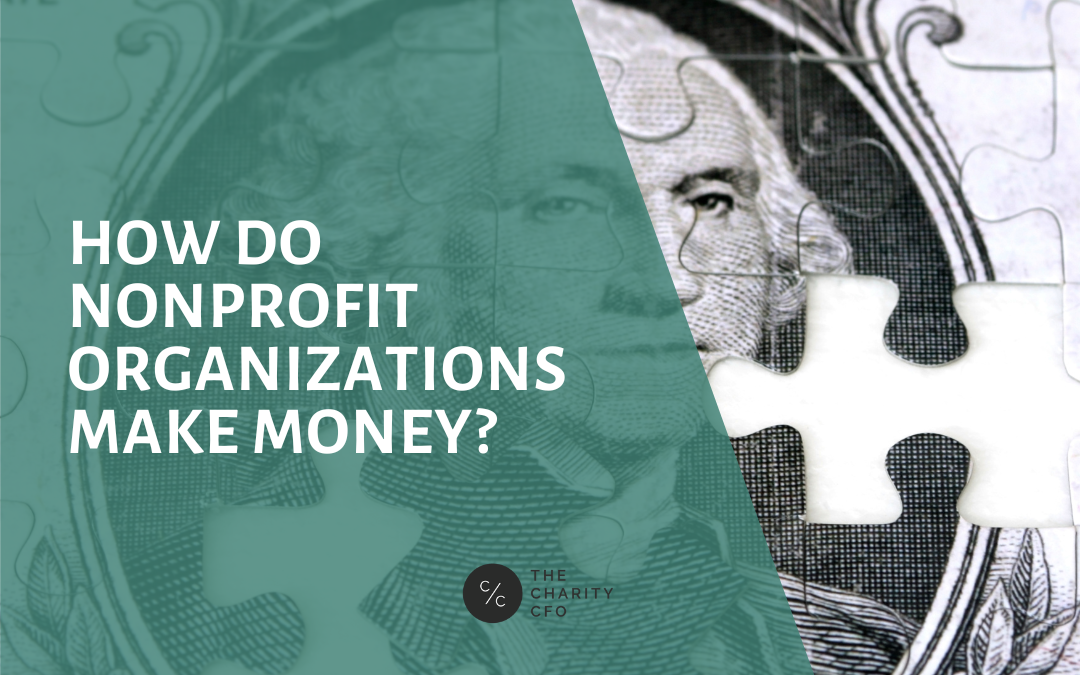Nonprofit Agency: Equipping Organizations to Drive Social Adjustment
Wiki Article
Exploring the Diverse Features and Obligations of a Nonprofit Company in Addressing Social Issues and Promoting Adjustment
Nonprofit agencies function as critical representatives of modification within society, taking on a myriad of social concerns with diverse methods. Their duties expand beyond simple solution arrangement; they take part in campaigning for, resource mobilization, and neighborhood outreach, commonly acting as a bridge in between marginalized populations and essential services. By cultivating partnerships and utilizing culturally pertinent methods, these organizations attend to the root creates of social challenges. Yet, the intricacies of their functions increase vital concerns concerning efficiency and sustainability. What are the effects of these diverse functions on lasting community impact?Understanding Nonprofit Agency Functions
The efficiency of not-for-profit agencies pivots on a clear understanding of their varied duties within society. Not-for-profit companies commonly function as solution companies, providing important programs and resources to underserved populaces.In addition, nonprofits play a crucial role in campaigning for, elevating awareness and affecting plan decisions that impact their neighborhoods. By participating in research study and public education and learning, these organizations assist shape public discussion and promote informed decision-making - nonprofit agency. They additionally offer as platforms for volunteerism, activating area participants to contribute their time and abilities toward collective objectives
In addition, nonprofit companies often function as conveners, bringing together diverse stakeholders to foster partnership and cumulative influence. This joint approach improves their capability to resolve facility social problems effectively. Recognizing these diverse roles is crucial for making best use of the potential of nonprofit agencies in creating sustainable social modification and improving overall community well-being.
Neighborhood Engagement and Outreach
Efficient area involvement and outreach are essential parts of nonprofit companies' techniques to foster links and build trust within the communities they offer. These efforts focus on recognizing area demands, advertising awareness of readily available resources, and motivating engagement in programs made to resolve social concerns. Not-for-profit companies use a range of techniques to engage with neighborhood participants, such as workshops, informative sessions, and collective occasions.Outreach campaigns offer to enhance connections with diverse populations, particularly marginalized teams that may deal with obstacles to gain access to. By making use of culturally pertinent communication techniques and leveraging regional partnerships, nonprofits can enhance their exposure and demonstrate their dedication to neighborhood empowerment. This strategy not just cultivates a feeling of belonging yet additionally enhances the chance of sustained involvement.
Furthermore, effective area involvement goes beyond simple engagement; it entails proactively paying attention to community participants' feedback and incorporating their understandings right into program growth. This collective process makes sure that the solutions offered are responsive, relevant, and customized to the special difficulties faced by the area. Inevitably, cultivating solid links through engagement and outreach can bring about more impactful interventions and a better cumulative initiative toward promoting favorable social change.
Advocacy and Policy Influence
Campaigning for serves as a critical system for not-for-profit agencies to affect public plan and drive systemic adjustment. By leveraging their competence and neighborhood insights, these companies can successfully stand for marginalized populaces and address pushing social issues. Nonprofits take part in campaigning for via different methods, consisting of public understanding projects, grassroots mobilization, coalition building, and direct lobbying of policymakers.Via these efforts, nonprofit firms intend to form legislation and plan frameworks that line up with their mission and the demands of the communities they serve. They perform study, gather data, and share engaging stories to highlight the urgency of details problems, ensuring that decision-makers are educated and motivated to act. This process not only amplifies the voices of those impacted by social oppressions but also cultivates a much more comprehensive and fair policymaking atmosphere.
Furthermore, click for source advocacy efforts usually click this site seek to develop long-term architectural adjustments, addressing source instead of just reducing signs and symptoms. By prioritizing plan impact, not-for-profit companies add to a wider understanding of social challenges and promote services that can bring about lasting enhancements in social wellness. Inevitably, campaigning for is basic to the transformative role nonprofits play in creating a simply and fair culture.
Fundraising and Resource Administration
Nonprofit agencies depend on robust fundraising and source monitoring techniques to sustain their advocacy efforts and sustain their objectives. Efficient fundraising is vital for making sure the availability of funds required to implement programs and activities that deal with pressing social concerns. This process typically entails expanding earnings streams via grants, private donations, business sponsorships, and fundraising events. By using a multi-faceted method, nonprofits can alleviate the threats related to reliance on a single funding source.Source administration is just as crucial, as it entails the strategic allocation of both human and monetary sources to optimize effect. Nonprofits must create spending plans that straighten with their objectives while making certain openness and responsibility to stakeholders. This includes regular tracking of expenditures and readjusting strategies as needed to enhance resource usage.

Partnership and Collaborations
While numerous companies seek their objectives separately, collaboration and partnerships can dramatically boost the effectiveness of not-for-profit companies. By interacting with various other nonprofits, federal government entities, and exclusive market organizations, nonprofits can pool resources, share experience, and enhance their effect on social concerns. Collective initiatives commonly lead to cutting-edge services that might not be attainable independently, leveraging the staminas of each companion to deal with intricate difficulties.
Eventually, reliable cooperation calls for clear interaction, shared goals, and common respect amongst partners. By welcoming a participating strategy, nonprofit companies can produce lasting networks that not only address immediate social concerns however also add to long-term systemic modification, promoting an extra fair society. Through cooperation, nonprofits can thrive and optimize their potential for significant effect.
Final Thought
Not-for-profit companies offer as important entities in fostering and attending to social concerns modification within areas. Through varied features such as neighborhood interaction, campaigning for, and source management, these organizations effectively activate resources and assistance for underserved populations. Their collective initiatives with numerous stakeholders boost the capability to influence public policy and promote structural modifications. Ultimately, the diverse functions of not-for-profit firms considerably contribute to the quest of social justice and the enhancement of neighborhood health.Comprehending these complex functions is crucial for maximizing the possibility of not-for-profit companies in creating sustainable social adjustment and enhancing total area wellness.
Reliable area interaction and outreach are essential elements of not-for-profit agencies' approaches to construct and foster links trust within the areas they offer. By functioning with each other with other nonprofits, federal government entities, and exclusive market organizations, nonprofits can pool resources, share proficiency, and amplify their influence on social problems.Nonprofit companies serve as vital entities in promoting and addressing social concerns change within areas - nonprofit agency. Ultimately, the diverse functions of not-for-profit firms substantially contribute to the search of social justice and the renovation of neighborhood health
Report this wiki page